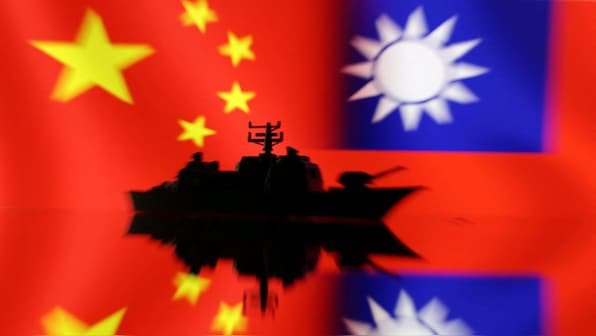
The war in Ukraine has changed the way countries handle global politics, starting a new kind of economic battle. At the heart of this change is China’s growing partnership with Russia. China is closely watching how Western sanctions work and planning ways to protect its own economy. This goes beyond just trading with Russia—it’s part of China’s bigger goal to prepare for possible sanctions, especially if the situation with Taiwan becomes more tense.
Learning from Russia
Since Russia invaded Ukraine in 2022, China has backed Russia by buying its oil and selling goods like electronics and cars. But China’s support goes beyond trade. It has been closely studying how Russia handles Western sanctions.
Right after the invasion, China formed a special team to analyse Russia’s strategies for dealing with sanctions. This team, which reports directly to Vice Premier He Lifeng, regularly updates top Chinese leaders. Its main goal is to prepare China for similar sanctions if tensions with the US and its allies escalate. Chinese officials have also worked closely with Russian experts, including those from Russia’s Central Bank and Ministry of Finance, to learn how to manage an economy under heavy pressure.
Russia’s lessons in economic adaptation
Russia has been able to handle Western sanctions by using three main strategies. First, it started trading more with countries like China and Iran, allowing it to keep selling oil and other goods even with the restrictions. Second, the Russian government gave a lot of money to its economy, helping to boost local demand and make up for the loss in foreign trade. Lastly, Russia found ways to avoid sanctions by using neighbouring countries as middlemen. This helped it get important goods like microchips and luxury items, even though export controls were in place.
These tactics stabilised Russia’s economy in the short term, though long-term growth has been constrained. According to the Wall Street Journal, China views Russia’s economic manoeuvring as a “sandbox” to test and refine strategies for enduring sanctions.
Content retrieved from: https://www.firstpost.com/world/why-chinas-bargaining-chips-would-differ-from-russias-in-a-taiwan-conflict-13834291.html.




